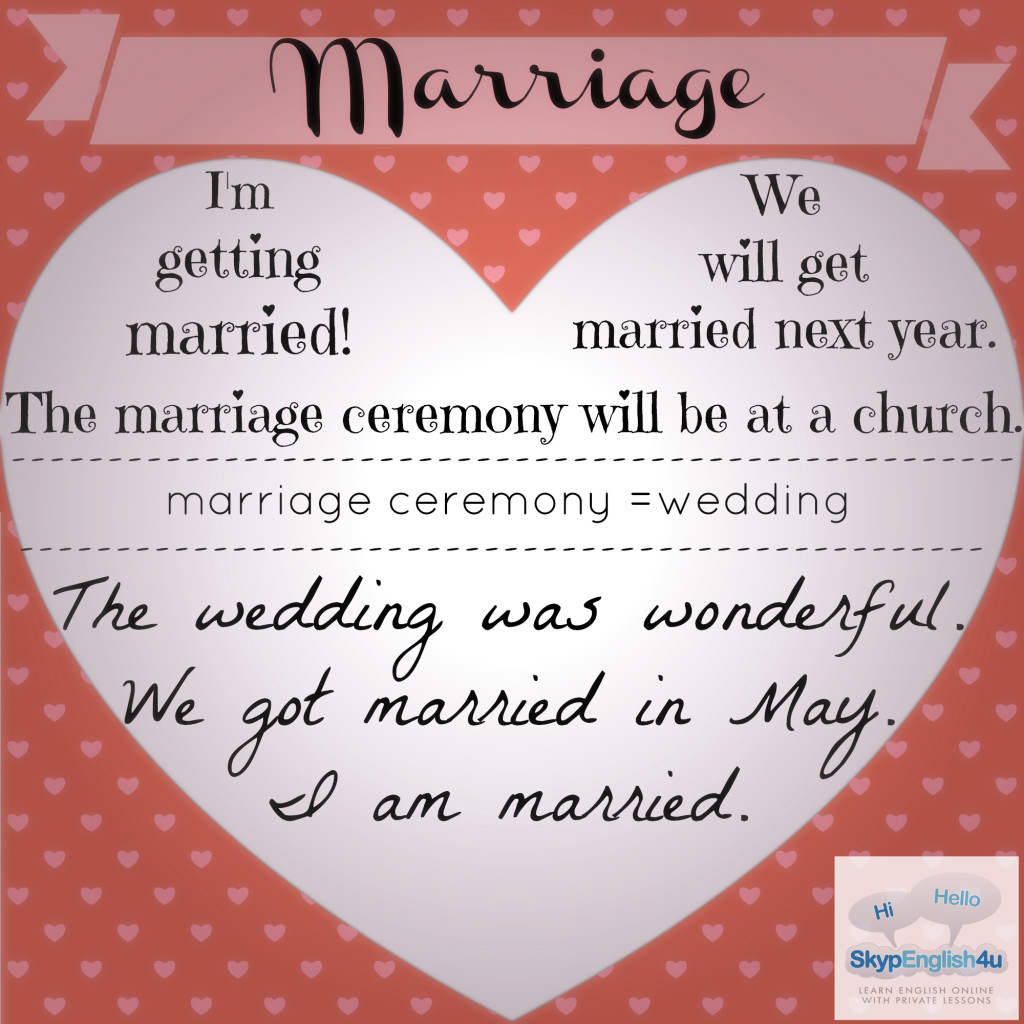5 Common Mistakes with Prepositions
Prepositions (for example: on, at, in, to, for, and since) are one OF the most difficult things TO learn IN English.
Many people naturally want TO use the same preposition that they use IN their own language, but this results IN many mistakes! Here are 5 common mistakes that people make when using prepositions IN English.
- Listen TO (not ‘listen’): Many people forget to use the preposition ‘to’ with the verb ‘listen’. They say, “I like to listen music”, but the correct way to say this is, “I like to listen TO music”. Always remember to use the preposition ‘TO’ with the word ‘listen’!
- Downtown (not ‘in downtown’): The word ‘downtown’ is a word that tells us a location. I have often heard students say, “I am going to meet my friend IN downtown”, but this is not correct. Do not use the preposition ‘IN’ with ‘downtown’!
- Go TO, Been TO (not Go in, Been in): We use the preposition ‘TO’ when we talk about places we visit. Do not use the preposition ‘IN’! So, for example, if you say, “I have been IN Paris”, this is NOT CORRECT. You must say, “I have been TO Paris”. Do not say, “I want to go IN theatre” (unless you want to go INSIDE the theatre and not stand outside), say “I want to go TO the theatre”.
- Discuss (not discuss about): Do not use the preposition ‘about’ with the verb ‘discuss’. It is not correct to say, “I want to discuss about this grammar point.” You must say, “I want to discuss this grammar point”.
- Go Home (not go at my home or go to my home): A preposition is not necessary when you want to talk about returning to your house. It is incorrect to say, “I am going TO home after class.” You must say, “I am going home after class.” This is because we use the preposition ‘TO’ to talk about places that we visit, and when you go home, you are not visiting your house, you live there! You can use the preposition ‘TO” with the noun ‘house’ and ask a friend, “Have you ever been TO my house?” but home is home, no preposition!
There are of course many more prepositions to learn in English. Subscribe to my Blog (see sidebar or below) for more help in the future, or find out about learning English with me online or on an amazing Intensive Immersion Experience Course!


